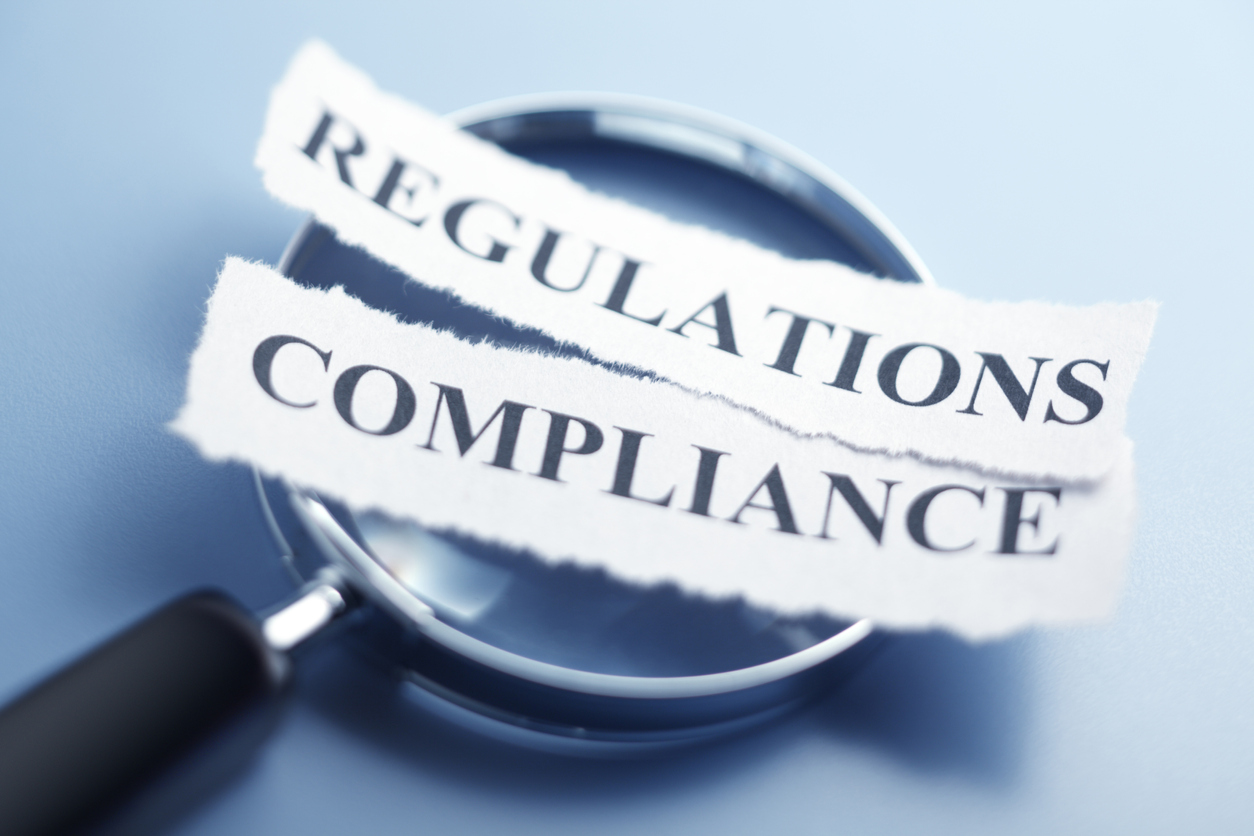How the Growing Number of EU Regulations Are Impacting Businesses Worldwide

More than three years have passed since the European Commission’s EU General Data Protection Regulation (GDPR) took effect and marked the beginning of European data privacy regulations seriously impacting the way businesses collect user data. Europe’s methods to regulate data privacy have been growing more complicated for years, but the GDPR’s set of rules that governs the data businesses collect with information systems is a relatively new concept.
There is, after all, a huge difference between the US and EU when it comes to treating personal data. An online shopper’s behavioral patterns and purchasing habits, for example, are typically free game in the US; this is far from the case in the EU, where regulations like GDPR are aggressively updating archaic data privacy relations and creating a more harmonized regulatory environment in Europe.
Organizations in the EU that collect user data need to operate under increasingly strict regulations that now extend even to artificial intelligence (AI) systems. This means, of course, that businesses with AI technology need an improved and more reliable method to remain compliant with and respond to upcoming privacy laws.
To that end, let’s take a quick dive into the current state of data privacy regulations in the EU and how it’s impacting the rest of the world’s online businesses and their customers.
Ethics behind AI are more scrutinized
The European Commission’s latest regulations regarding user protection and data privacy focus on AI systems that businesses use and the data they collect. The commission published a draft in April 2021 that would mitigate ethical dilemmas related to data collection with AI. As is the case with the GDPR, this new proposal would apply to organizations affiliated with the European Economic Area (EEA), even if they collect and produce information with AI in different countries.
The commission’s recent proposal is a broad one that affects a range of European businesses. To combat potential bias present in the sets of data that AI systems collect, the new regulations would impact AI system providers and their users as well as system vendors and distributors. From large enterprises operating in health data management to boutique shops in the CBD market that commonly rely on data analytics for product development, the laws apply to European businesses operating in multiple industries. The new proposal, in particular, addresses rules for data risk management, transparency, and conformity assessments.
It stands to reason that European businesses would be wise to streamline their data management process. AI systems that collect user information don’t have a long history of being subject to privacy regulations, and their scope of reach in terms of data they collect only continues to grow. Businesses that collect information, especially data that are detailed and specific, need to prove that they’re adhering to user privacy rights.
One of the most common concerns about AI is the bias it inadvertently inserts into its data analysis models. Businesses, therefore, require a diverse team of marketing and AI implementation experts that are aware of the potential for bias and can structure their data analysis models accordingly. These teams should include market researchers who can adhere to a jurisdiction’s specific data privacy laws and use AI to remove observer bias from data analytics.
European businesses feeding their AI systems with detailed data sets need the appropriate mixture of personnel that can remove inadvertent bias from data analytics models and remain in line with privacy regulations. A diverse team of AI implementation and marketing experts can stay in step with legislators and regulators as they expand their regulatory oversight in Europe.
Incident responses are taken more seriously
It’s all well and good for businesses to streamline their data management as they use more advanced technology. In Europe, though, regulations apply to more than just the ongoing management of user data. An emphasis on data breaches and leaks is now on the list of problems for companies adjusting to the European Commission’s recent proposal.
Thankfully, as data breach incidents continue to rise, so too does the number of incident response measures businesses can use to fight back. European regulatory bodies now monitor businesses that process customer data for incident response measures and perform audits if they find that procedures need to improve. In light of multiple industries learning the expensive lesson of suffering a data breach, businesses first need to understand how to prevent further data access or loss after they experience an incident.
There is an old Samurai saying: “matters of great concern should be treated lightly.” Though this proverb may at first seem counter-intuitive, its meaning outlines the correct philosophy to follow when dealing with important matters that demand your actions be pre-planned – use times of calm to think through and plan a response.
In an organization or business, this philosophy best applies to disaster recovery. To comply with regulators and legislators, businesses need to discuss and agree upon with the appropriate stakeholders a plan for business continuity, disaster recovery, and incident response. These plans should not be locked away, but rather shared with stakeholders so that all parties are aware of incident response steps, the best way to execute them, and the designated incident manager contact.
A dedicated resource such as an incident manager can prioritize the prevention and further loss of data during a breach. This prevention blocks communication channels that a threat actor is using, such as a simple internet connection, and ensures that nothing else can be added or removed. Once you have stopped an attacker from accessing your system(s), your designated resource can help you determine what data has been stolen as well as the system an attacker has already accessed.
Data breaches are an unfortunate inevitability of operating your business online. It’s vital that you have the proper website security with a website builder to mitigate your risk of a data breach. According to web developer Gary Stevens of Hosting Canada, one of the biggest advantages of web building applications over CMS platforms is their superior security.
“One of the drawbacks to leading CMS platforms is that their source code is open to everyone — good guys and bad,” says Stevens. “Site building apps keep their code private, meaning that any potential cybercriminals have to work harder to penetrate a customer’s website. Additionally, when vulnerabilities are found and fixed, your website’s code is automatically updated whether you remember to do it or not.”
Conclusion
It’s typical for businesses to respond to technical challenges with equally advanced solutions. As privacy regulations in the EU come into effect, businesses must develop their holistic approach to analyze data without inadvertent bias. A diverse team of marketing and AI implementation experts can craft their data analytics models around their jurisdiction’s privacy regulations and easily prove to regulators and legislators that the way they process data adheres to all applicable laws.
Data management isn’t everything – businesses in multiple industries in European markets need an agreed-upon incident response that designates a dedicated resource like an incident response manager. EU regulators audit for methods to address data breaches, and European businesses must understand what steps to take in the event they experience data theft.
Note: This blog article was written by a guest contributor for the purpose of offering a wider variety of content for our readers. The opinions expressed in this guest author article are solely those of the contributor and do not necessarily reflect those of GlobalSign.
*** This is a Security Bloggers Network syndicated blog from Blog Feed authored by Blog Feed. Read the original post at: https://www.globalsign.com/en/blog/how-eu-regulations-are-impacting-businesses-worldwide




